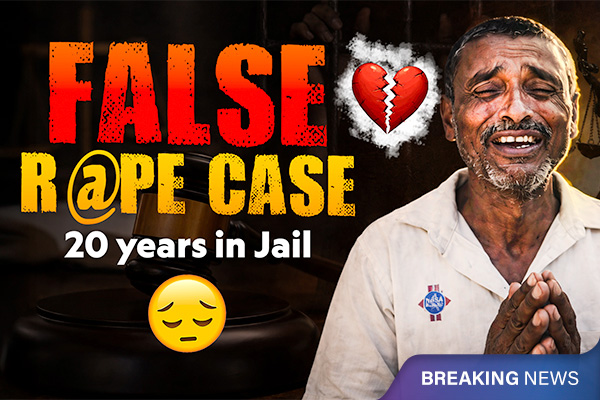Australia to Ban Social Media for Children Below 16 Years
Australia has proposed a law to ban social media access for children under 16, sparking a global debate on whether other countries, should follow suit to protect young users online.
In a bold move to protect children from social media risks, the Australian government has proposed a law to ban social media access for children under 16. Prime Minister Anthony Albanese announced that the bill will be introduced by the end of this year and, if approved, will be implemented within 12 months. The law will require social media platforms like Instagram, Facebook, TikTok, and X (formerly Twitter) to install age-verification systems to block children, with no exceptions even with parental consent. Social media companies will be held responsible, but children or parents won't face penalties.
Australia's move has received praise worldwide. Daisy Greenwell of the U.K.’s Smartphone Free Childhood organization welcomed the decision, emphasizing that parents struggle to manage their children's online presence. Experts like Zach Rausch from NYU Stern School of Business support the idea of age restrictions, likening it to rules for driving or buying alcohol.
However, some groups, like the Digital Industry Group Inc. (DIGI), oppose the ban, arguing it risks hindering young people’s digital literacy. They suggest a balanced approach of creating age-appropriate online spaces and teaching digital literacy instead of blocking access.
Social media platforms like Meta and X have already introduced features to protect teens, such as private accounts and restricted settings. TikTok has yet to comment.
The debate is growing in India as well, with concerns about the impact of social media on children’s mental health and safety. While some advocate for similar restrictions, others believe educating children on responsible internet use and improving digital literacy tools might be a better approach.
Should India follow Australia's example, or is there a better way to protect children online while allowing them to benefit from the digital world?







